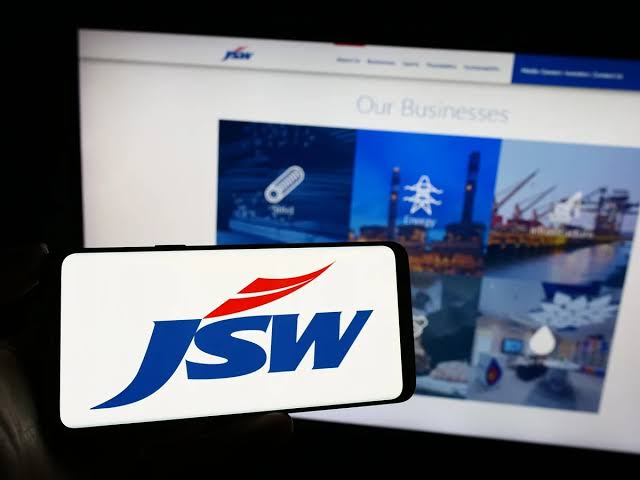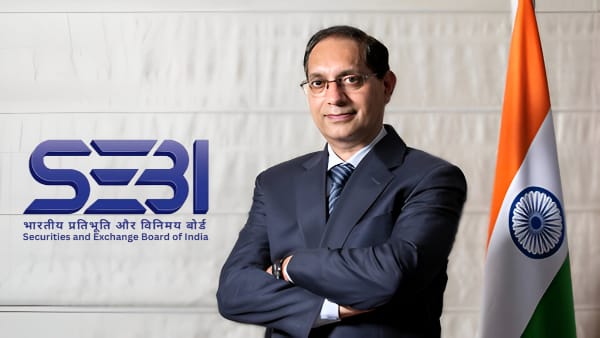JSW Energy Ltd is currently in a dispute with power distribution companies in Andhra Pradesh over unpaid dues totaling about ₹5.07 billion. The company and its subsidiaries have filed writ petitions in the Andhra Pradesh High Court, contesting both the denial of these payments and the application of late payment surcharge (LPS) rules.
Key Highlights:
Andhra Pradesh’s power distribution companies have refused to pay certain outstanding dues to JSW Energy, amounting to approximately ₹5.07 billion. This is part of a broader pattern in the state, where discoms have delayed or denied payments to several power generators, often citing high tariffs or renegotiation of power purchase agreements.
JSW Energy’s subsidiaries have responded by filing writ petitions in the Andhra Pradesh High Court. They are seeking judicial intervention to recover their dues and to challenge the enforcement of the Electricity Late Payment Surcharge Rules, which mandate penalties for delayed payments.
The dispute reflects ongoing tensions between power producers and Andhra Pradesh discoms, which have previously led to court cases and financial strain for renewable and conventional energy companies operating in the state.
The Electricity Late Payment Surcharge Rules, introduced by the Ministry of Power, require mandatory payment of surcharges on overdue bills, and restrict discoms with unpaid dues from accessing the power exchange or short-term open access until payments are cleared.
JSW Energy’s legal challenge is significant, as it questions both the denial of dues and the regulatory framework that governs late payments in India’s power sector.
These developments highlight the persistent payment risks faced by power producers in Andhra Pradesh and may have broader implications for the enforcement of payment discipline and regulatory rules across India’s electricity market.
Source: Economic Times, Central Electricity Regulatory Commission, Ministry of Power




